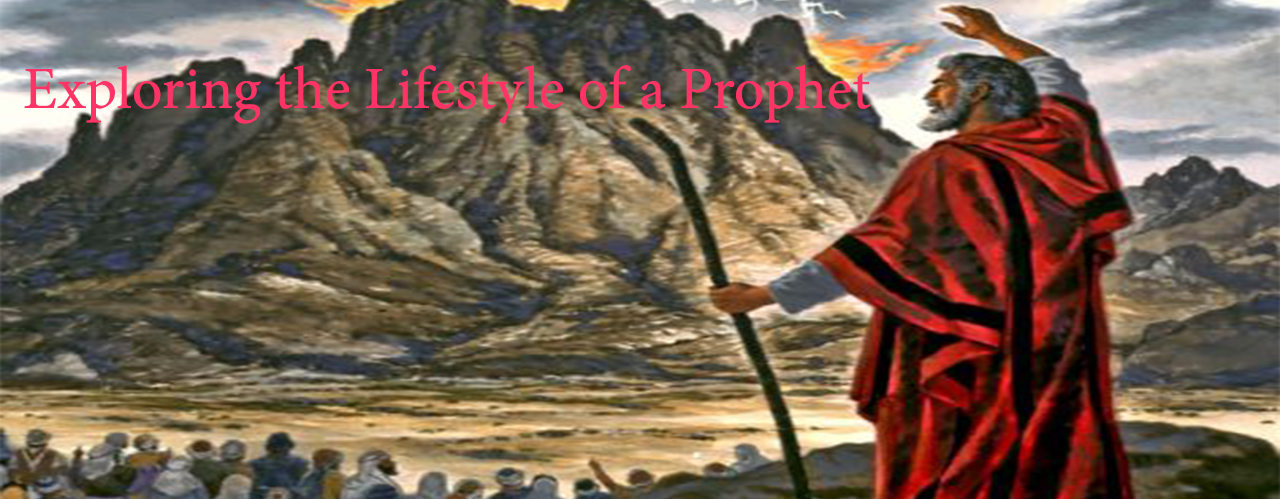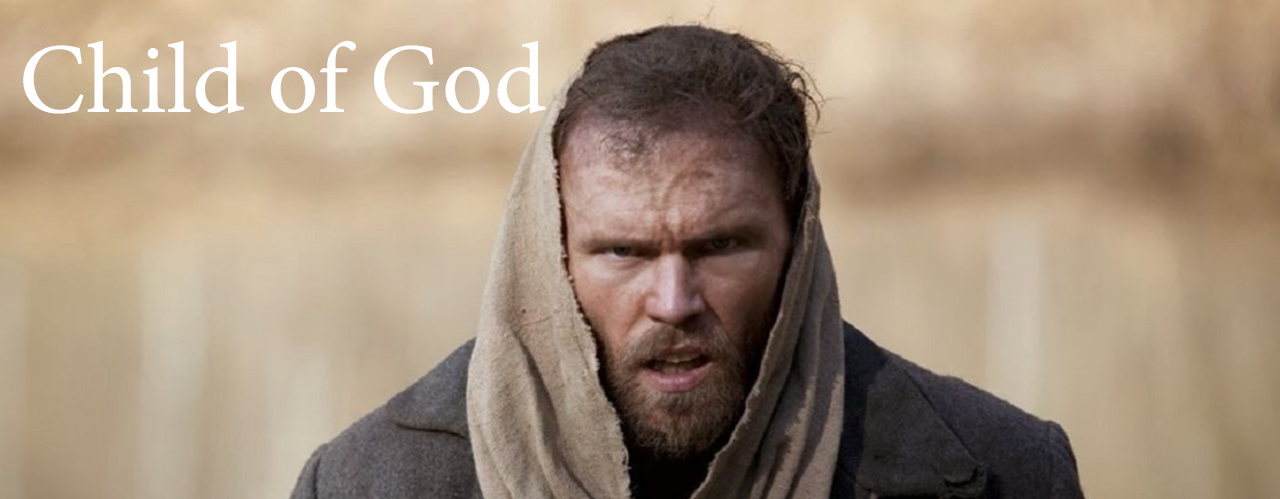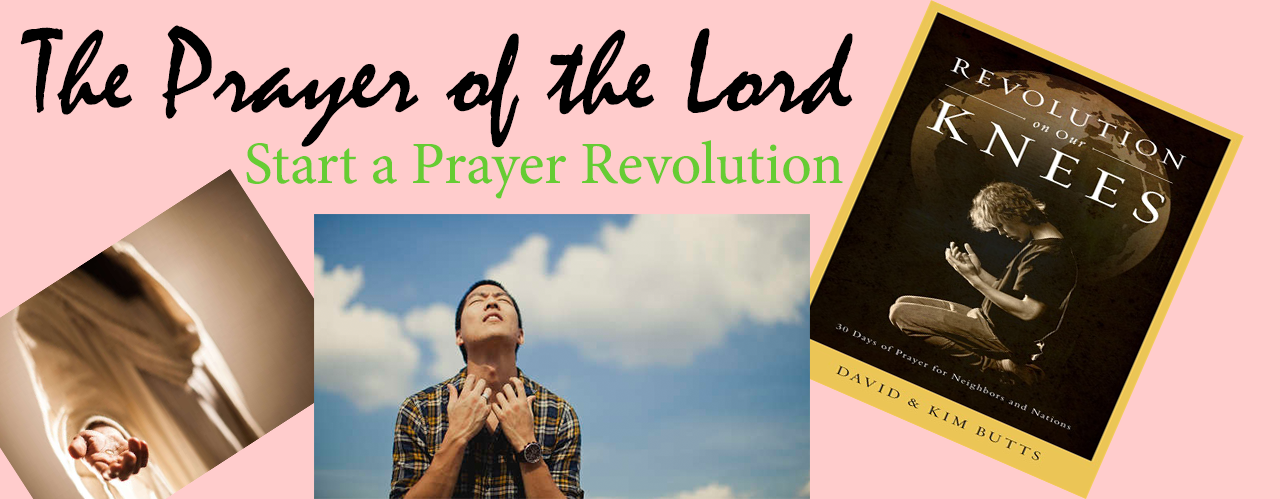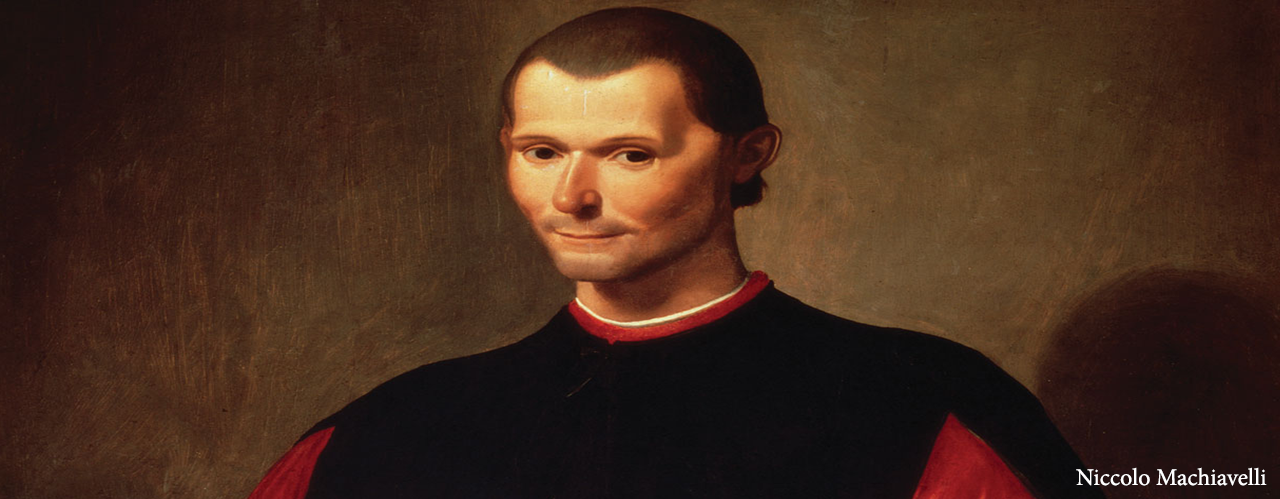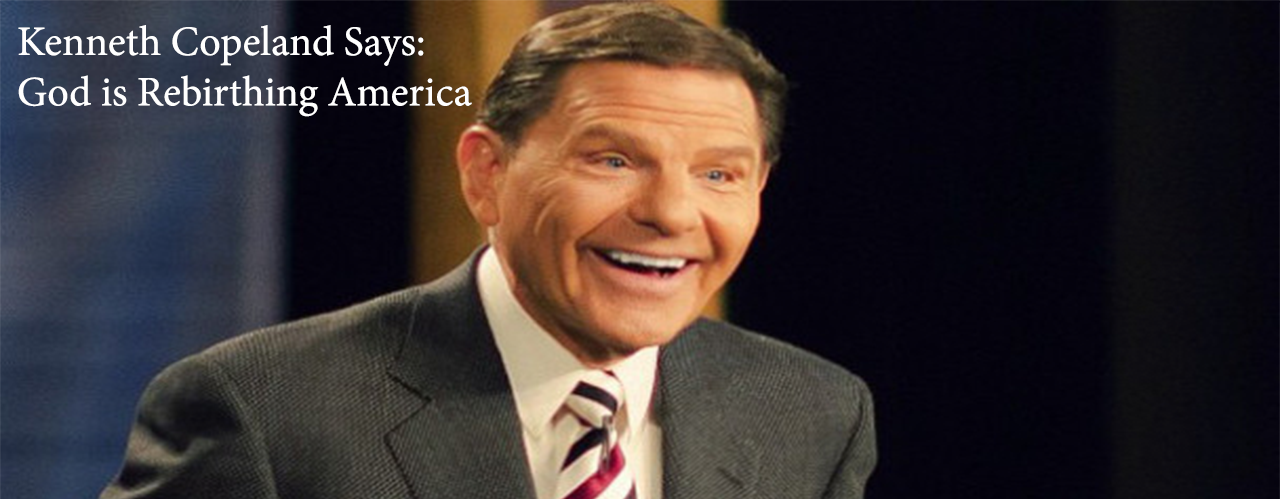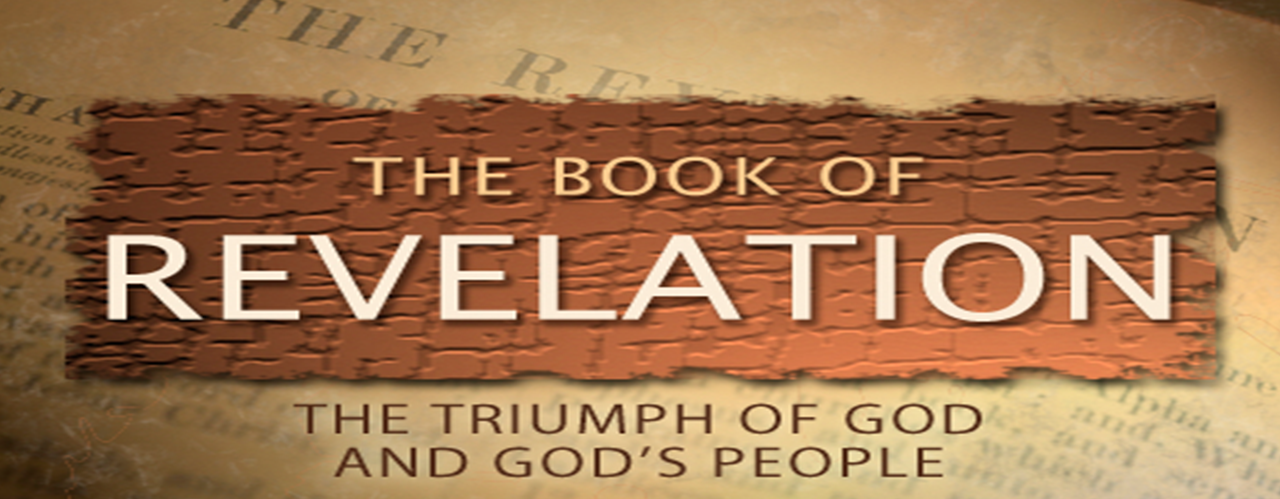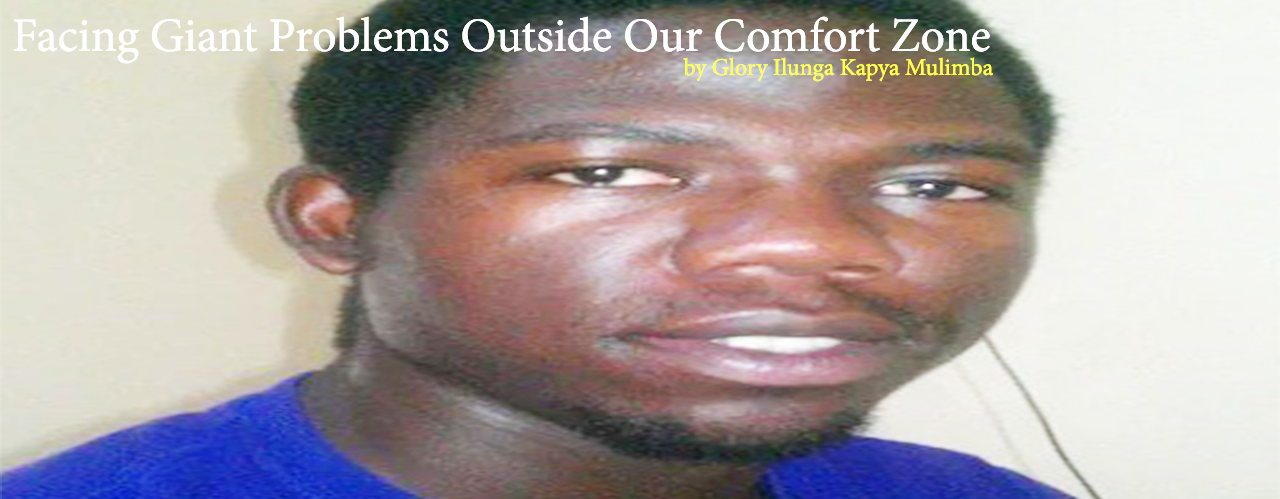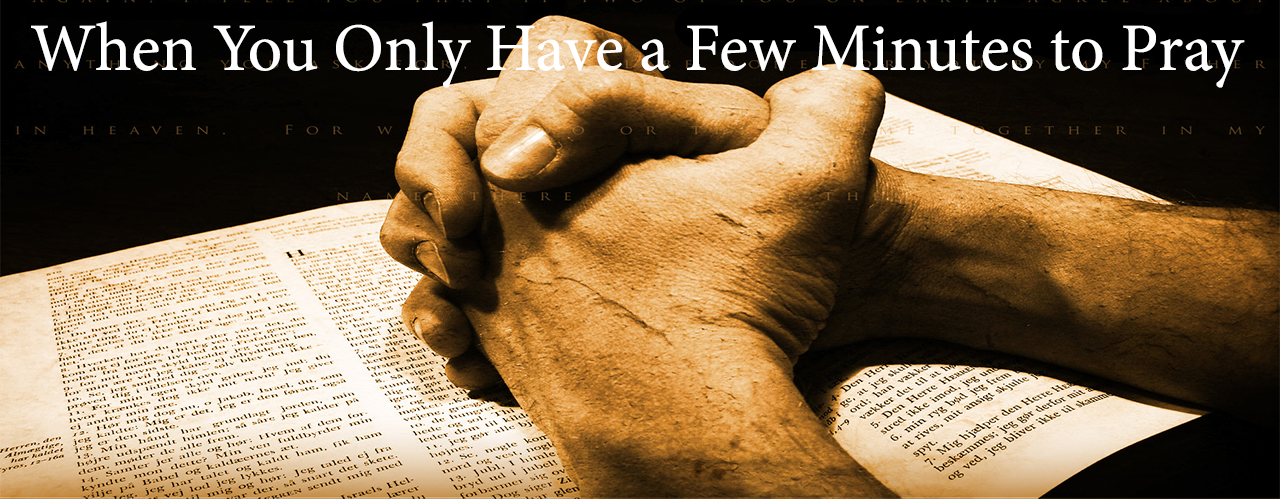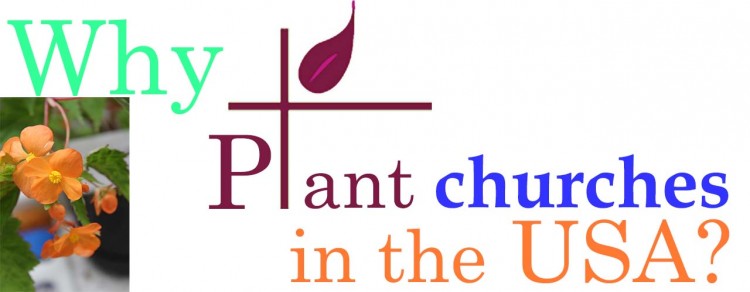by Rev. Joseph Ezeigbo M.Div, Th.M | The Psalmist urges us to declare his glory among the nations, his marvelous deeds among all peoples. Ps.96:3
America, with her approximately 350 million people, has the third largest population of any nation in the world. Although this number represents only about 4.28% of the entire world population, it comprises the highest number of the largest ethnic and groups of people in the world. Further, America has the highest number of growing immigrant population in the world, thus making it the greatest mission field in the world. These are not new facts. Missiologists established these statistics more than a quarter of a century ago. Immigrants accounted for 4.7% of US population in 1970 and rising to 6.2% in 1980 and up to 12.5% in 2009. Since 2000 America absorbs at least 1 million immigrants annually. (Note that this excludes undocumented immigrants). Jesus, the Lord of the harvest, charged His disciples thus saying, Do you not say, ’Four months more and then the harvest?’ I tell you, open your eyes and look at the fields. They are ripe for harvest (Jn. 4:34). In His compassion for a desperate and distressed world, He urged them (us— ECWAUSA) … The harvest is plentiful, but the workers are few. Ask the Lord of the harvest to send out workers into his harvest field Matt. 9:37-38. POLARIZATION OF THE GOSPEL Though record indicates that about 30,000 Churches shut their doors between 2006 to 2012; a study reported by the Journal for the Scientific Study of Religion states that there has been a general increase in the number of Churches in the US since 1998. The National Congregations Study (NCS) conducted between 2006 and 2012 also indicates an increase from about 336,000 congregations in 1998 to about 414,000 in 2006 and perhaps leveled off at 338,00 in 2012. The Southern Baptist Church(SBC); America’s largest denomination, has about 50,000 congregations. However, consider that these overall statistics include those denominations that have become apostate (denying the five Cardinal doctrines of the Bible), including the inspiration of the Bible and authority of the Scriptures and ordination of openly gay and homosexual individuals. In Africa in general and Nigeria in particular, the situation is more bemoanable. The seemingly out of control upsurge of the Neo-Pentecostal/Charismatic movement has become a reproach to the cause Christianity in Nigeria. Fake miracles, Occult practices, False and demonic doctrines, bogus titles by “ministers of God” (MOGs), excessive lavish lifestyles and materialism etc. (Reading material, The Seduction of the Nigerian Church by Gary Maxey and Peter Ozodo and The Modern Theology versus Biblical Theology by an ECWA pastor, Daniel Sopuru). According to Pew Research, Nigeria is the second most religious country in the world. Apostle Paul stated the integrity that governed his ministry and should be the goal of every ministry in these words, “unlike so many we do not peddle the word of God for profit. On the contrary, in Christ, we speak with sincerity, like men sent from God” “Therefore, since through God’s mercy we have received this ministry, we do not lose heart. Rather we have renounced secret and shameful ways; we do not use deception, nor do we distort the word of God. On the contrary, by setting forth the truth plainly, we commend ourselves to every man’s conscience in the sight of God” (2 Cor. 2:17;4:1-3). POST-MODERNISM (POST-CHRISTIAN) ERA For those who canvass in Philosophy, this is an upgrade from the Age of the Enlightenment of 17th and 18th Centuries. Author and pastor David Roper gives the following description of this period: we are living in what many have described as a Post-Christian era. That doesn’t mean there are no longer many Christians around; there may in fact be more true believers than ever before. ‘Post–Christian’ era means that Christian faith no longer plays a role in shaping public opinion and policy. Christian assumptions and commitments once widely held no longer have the presence and impact they once had. A new hallmark of this period is characterized by the rise the “Nones.” The “Nones” are the new segment of the American population who identify themselves as religiously unaffiliated. And they are growing by the numbers. According to a study, in the 1950s, around 3% of Americans checked the “None” box when asked about their religious affiliation. That number has grown especially in the last decade to 20%. This group, according to Pew Research Center, makes up for about 23% of US adult population. About 33% of Millennial's population fall into this category. In the last five years, this population grew from 15% to 20%. PORTRAY THE BEAUTY OF THE GOSPEL AND TRUE CHRISTIANITY Paul’s admonition to his protégé, Titus behooves us. …that in every way they will make the teaching about God our Savior attractive (NIV) Tit. 2:10. The word attractive adorn (NKJV) kosmeo in Greek. The idea is to beautify or make beautiful in order to draw attention. The Gospel has become the object of ridicule and caricature in many quarters today for the reasons mentioned above especially when considering the state of the Church in both the United States and Nigeria. Judging by population and size ratio, Nigeria has the largest number of Churches and Christian population of any country in the world. United States and Nigeria are the two countries with the highest number of Church attendance population in the world. May we aspire to spread the aroma of Christ as we are urged for we are to God the aroma of Christ. PROPAGATION OF THE GOSPEL The Psalmist urges declare his glory among the nations, his marvelous deeds among all peoples Ps.96:3. The Great Commission is preceded by Christ’s declaration of His possession of All authority in heaven and on earth (Matt.28:18) Contextually, therefore when we obey the Great Commission, we march under that divine authority and the promise of His company and abiding presence (vss.19-20). Also, the blessing of those who proclaim the God news would be abundantly ours (Isa.52:7).
Rev. Joseph Okechukwu Ezeigbo is a Bible teacher for the weekly Bible study at ECWA Maryland. He is also a part of the National Day of Prayer and the International Day of Prayer for the Persecuted.

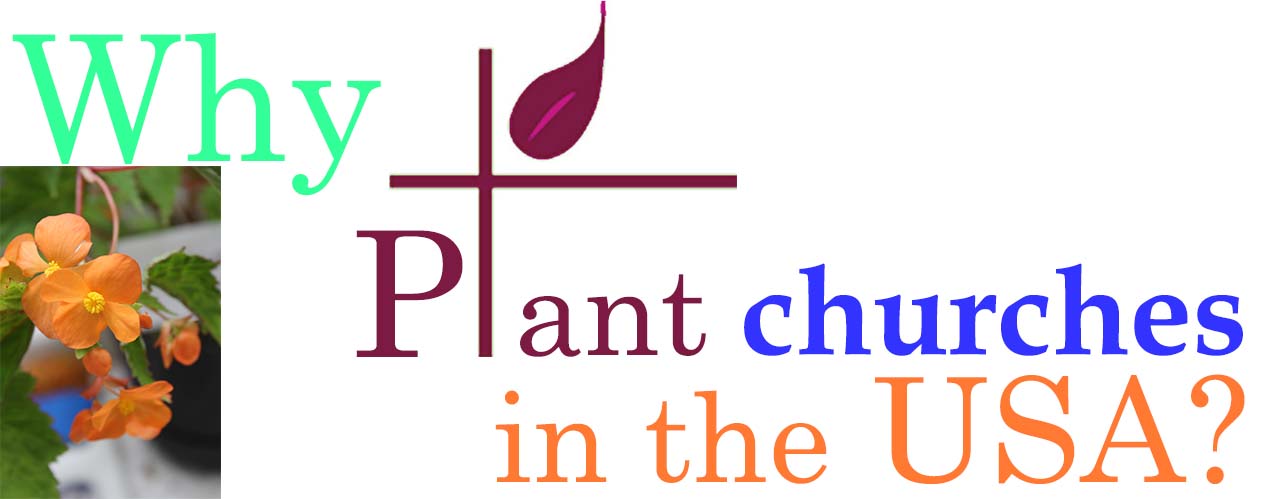
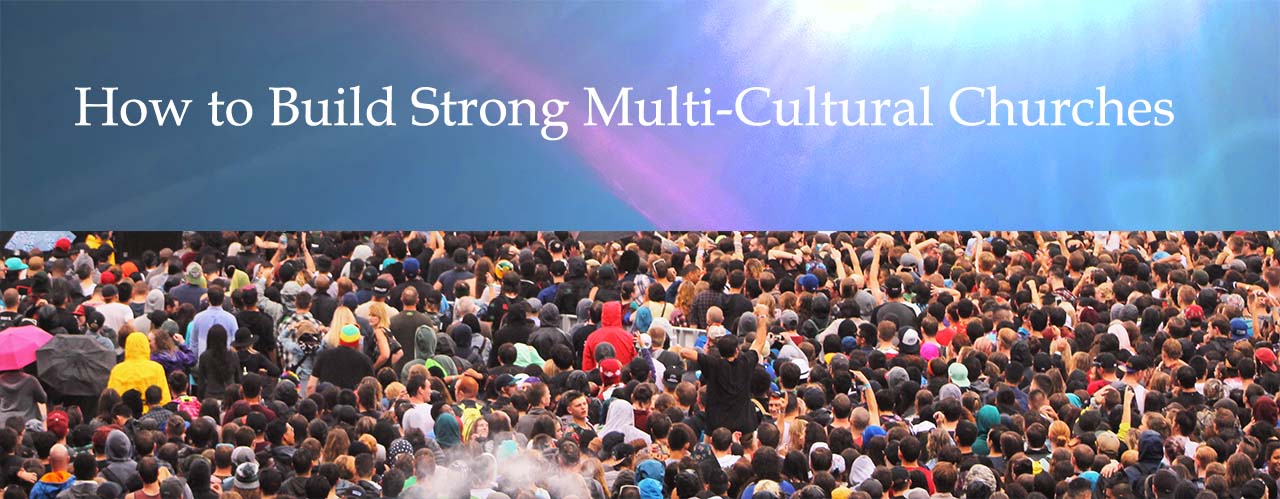
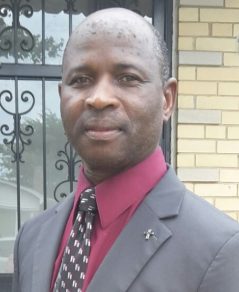 by Rev. Sunday Bwanhot is EMS/SIM Missionary. He serves as Team leader of SIM Culture Connexions; Pastors of ECWA Chicago.
by Rev. Sunday Bwanhot is EMS/SIM Missionary. He serves as Team leader of SIM Culture Connexions; Pastors of ECWA Chicago.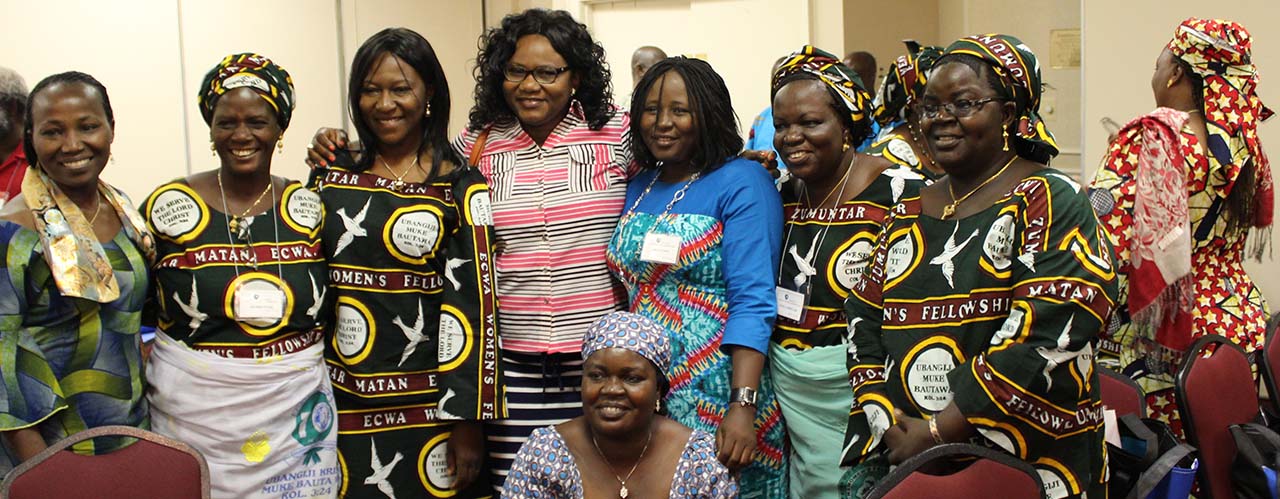
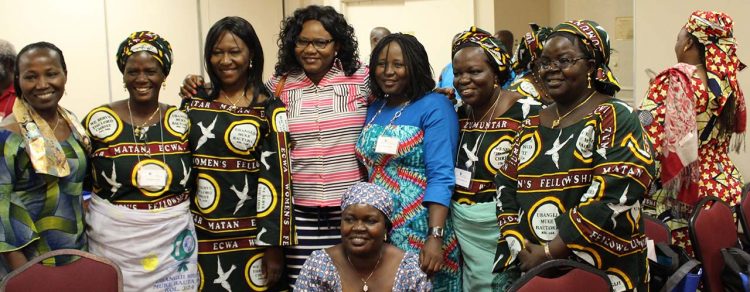
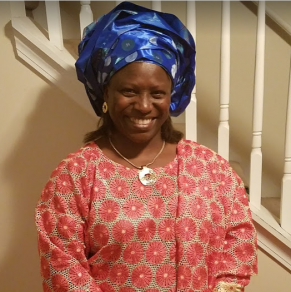 Dr. (Mrs.) Omobukola Olaoye is a Home Healthcare Quality & Management Consultant; Administrator for A Premium Healthcare Solution, Financial Director of ECWA USA DCC.
Dr. (Mrs.) Omobukola Olaoye is a Home Healthcare Quality & Management Consultant; Administrator for A Premium Healthcare Solution, Financial Director of ECWA USA DCC.
